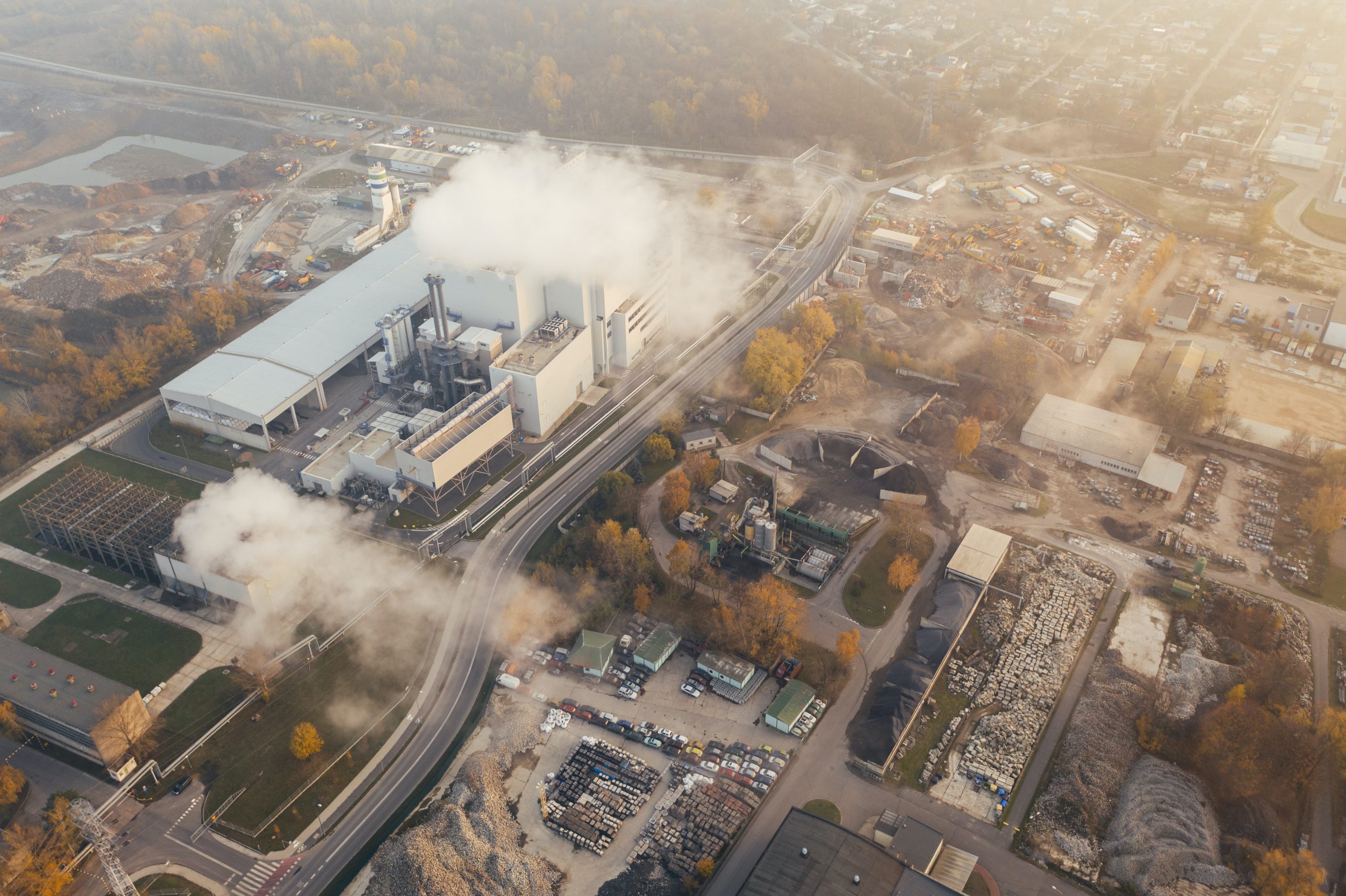
Industrial Clusters and Skills Development
Yujiro Yamazaki
- Skills Needed in Labour Market and Issues Related to Skills of Workers
An industrial cluster is a geographically proximate group of interconnected firms and institutions in a particular industrial sector (Porter, 1990: Schmitz, 1992). The purpose of industrial clusters is to increase industrial growth and competitive advantage by efficiently promoting knowledge, technology dissemination and product specialization. There are two broad categories of clusters: clusters that occur as a collection of companies and related actors that participate on a voluntary basis, and clusters that are induced or built by public policy. Industrial clusters vary depending on the geographical conditions of each country and national policies, and each cluster has its own development trajectory.
The concentration and coexistence of similar industries via clustering triggers spillover of knowledge and technology, and this is expected to improve overall productivity (Zeng, 2008). In addition, the dissemination of overseas knowledge and technology to research institutions such as domestic higher education is also improved. In this way, the cluster structure effectively strengthens vertical and horizontal connections, and contributes to promoting the spread of knowledge and technology.
On the other hand, skills and knowledge transfer in the industrial cluster has the structure of a double-edged sword. Some degradation of quality within one cluster may also spread to others. Since the structure of industrial cluster induces internal spillovers, for better or worse, improvement of internal quality is essential. Under such circumstances, improving the skills of workers is considered essential (Otsuka and Sonobe, 2018).
Zeng (2008) points out that in addition to building workers’ knowledge and skills for improving productivity, enhancing managerial skills in the cluster is required in order to efficiently develop industrial clusters in Africa in the future.
An industrial cluster contributes to improvements in productivity and the efficient transfer of knowledge and skills by its intensive industrial operation. In Africa, it is crucial to develop the quality of labor, such as by making improvements in productivity and training, rather than simply to promote a quantitative expansion of labor. In that sense, industrial human resource development is important for efficient growth of industrial clusters.
References
Otsuka, K. and Sonobe, T. 2018. “The Role of Human Capital in Cluster-based Industrial Development.” The Developing Economies 56, no. 2: pp. 104–116
Porter, M. 1990. The Competitive Advantage of Nations. New York: Basic Books.
Schmitz, H. 1992. “On the Clustering of Small Firms.” IDS Bulletin, 23(3): pp. 64–69.
Zeng, D., Z. 2008. “Knowledge, Technology, and Cluster-Based Growth in Africa: Findings from 11 Case Studies of Enterprise Clusters in Africa.” Zeng, D., Z. (Eds.) Knowledge, Technology, and Cluster-Based Growth in Africa. Washington D. C. : World Bank.


